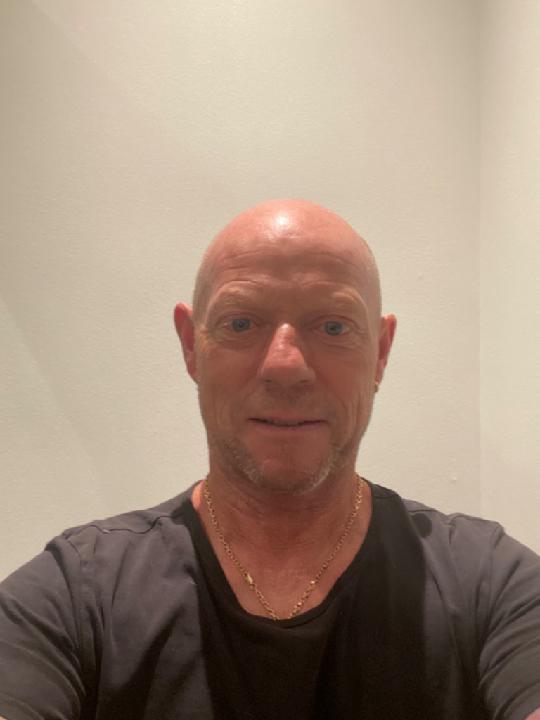Activity
Mon
Wed
Fri
Sun
Oct
Nov
Dec
Jan
Feb
Mar
Apr
May
Jun
Jul
Aug
Sep
What is this?
Less
More
Memberships
Darts-360 Performance Academy
20 members • $13/m
Daniels Investeringskursus
1.6k members • $1,250/y
2 contributions to Darts-360 Performance Academy
I Find It Hard To Finish Off Matches
Answering a question set to me today, these are excerpt from the Classroom course "Creating Consistency 100 Tiny Problems, 100 Tiny Solutions. " 🎯 Tiny Problem #43 “I look ahead too far in matches.” Why this matters Failing to stay present drags your mind toward trophies, finals, or celebrations. Focus splinters, rhythm breaks, and opponents seize momentum while you daydream. Confidence shrinks as nerves rise. Over time, this habit wires fragility, making future fantasies sabotage present performance consistently. Tiny Solution Shrink focus — one dart, one leg, the match will follow naturally. Why this works Attention steadies when tasks are broken into immediate, achievable steps. The brain performs best when grounded in the present, not the future. Focus protects rhythm and sharpness. Repeated in pressure moments, this mindset builds resilience, calmness, and consistent competitive composure. Quick Drill - Play practice matches with the mantra “this leg only.” - Reset between every leg, no matter the score. - Anchor phrase: “This leg only.” 🎯 Tiny Problem #53 “I get distracted by the finish line.” Why this matters Failing to stay present near the finish makes your mind race to celebration instead of execution. Focus splinters, rhythm collapses, and opponents sense hesitation. Confidence drains as control slips. Over time, this habit wires fragility, preventing you from closing matches calmly. Tiny Solution Shrink focus — one dart, one leg, the finish line will follow. Why this works Attention steadies when goals are simplified to immediate steps. By treating each dart as its own task, pressure reduces and fluency returns. Confidence grows through presence. Practised often, this mindset builds resilience, clarity, and consistency in finishing under pressure. Quick Drill - Play legs treating the final double as routine. - Run your full routine before every winning dart. - Anchor phrase: “One dart, one leg.”
Performance = Skill + Passion – Interference
When we talk about performance in darts, I like to frame it with this simple formula: Performance = Skill + Passion – Interference - Skill → the technical side of throwing darts: stance, grip, release, grouping, scoring, finishing. - Passion → your energy, hunger, love for the game, the fire that makes you practise and compete.7 - Interference → the stuff that gets in the way. The first two parts are easy to see. But the third — interference — is often invisible.And that’s where I help players the most. What is interference? Interference is anything that blocks your natural game: - Mental → overthinking, self-doubt, nerves, expectation, loss of focus. - Emotional → frustration after a missed double, anger at yourself, caring too much about the result. - Physical → fatigue, poor sleep, unhealthy routines, lack of preparation. - External → noisy crowds, slow opponents, family or financial pressure, social media distractions. Think of interference like static on a radio.Your song (your best performance) is already playing — but until you tune out the static, you’ll never hear it clearly. Real examples from the pros - Eric Bristow had enormous skill and passion — but in later years, when nerves crept in on stage, interference chipped away at his dominance. - Gary Anderson admits he rarely practises, but when his passion and focus are on, he can beat anyone — when distractions or injuries creep in, the interference shows. - Michael van Gerwen at his peak was almost interference-free: full belief, full passion, clear mind. But when injuries, dips in confidence, or expectation piled on, the static grew louder. - Luke Humphries recently spoke about dealing with anxiety and nerves. By lowering that interference, he unlocked the performances that took him to world champion. - Phil “The Power” Taylor is the ultimate example — he managed interference better than anyone, which is why his skill and passion translated into relentless dominance.
1-2 of 2


